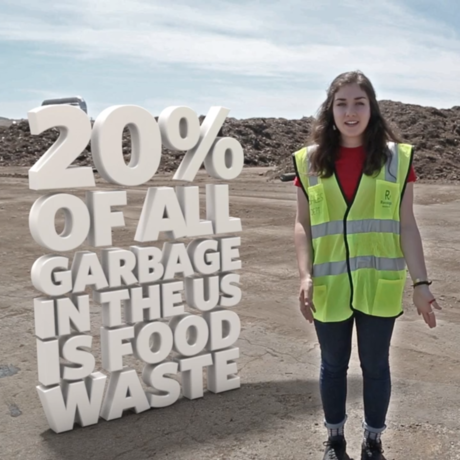Surfrider Foundation
Do you like clean, pristine beaches? Then volunteer with Surfrider and help keep our beaches debris-free!
Economic study shows marine debris costs California residents millions of dollars
This report from NOAA explains how marine debris isn’t just a problem for the environment, but for our wallets too.
What's the deal with plastic pollution? | Conservation & Science at the Monterey Bay Aquarium
Read about and listen to the Monterey Bay Aquarium's new podcast series, 'Breaking Down: The Problem with Plastic Pollution.'
Lesson: Rapid Trash Assessment (grades 4-12)
By conducting their own survey of an outdoor environment, students will examine a method for assessing litter, identify how humans impact the environment, and design solutions for preventing marine debris.
Lesson: Plastics in the Water Column (grades 6-8)
What happens when plastics enter the ocean? Students find out by exploring the densities of different plastics. From our friends at the Monterey Bay Aquarium.
Lesson: Plastics Use Audit (grades 6-12)
How much plastic do we consume? In this activity, students design an investigation and conduct an audit of waste at home or in their schools to discover the types and quantities of plastics that are consumed. From our friends at the Monterey Bay Aquarium.
Lesson: Compost: A Scientific Investigation (grades 3-5 but can be adapted for 6-8)
In this two-part inquiry-based activity, students will practice using the scientific method while learning about decomposition, exploring how some types of garbage will decompose while others will not. Students can then go on to design their own experiment to test different variables affecting the rate of decomposition.

